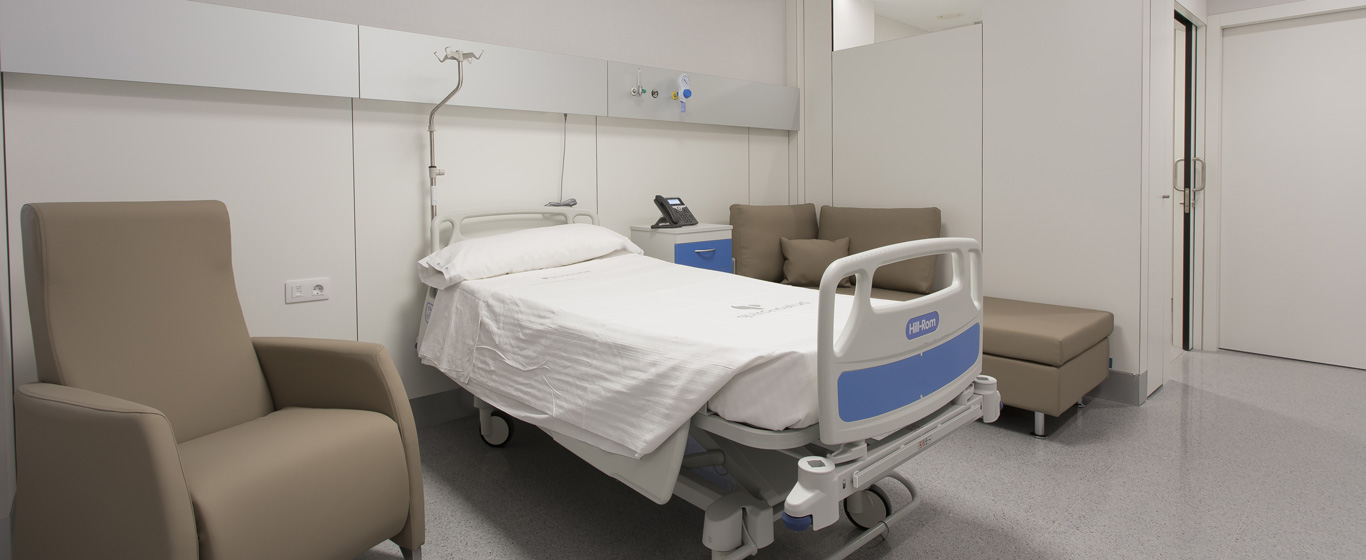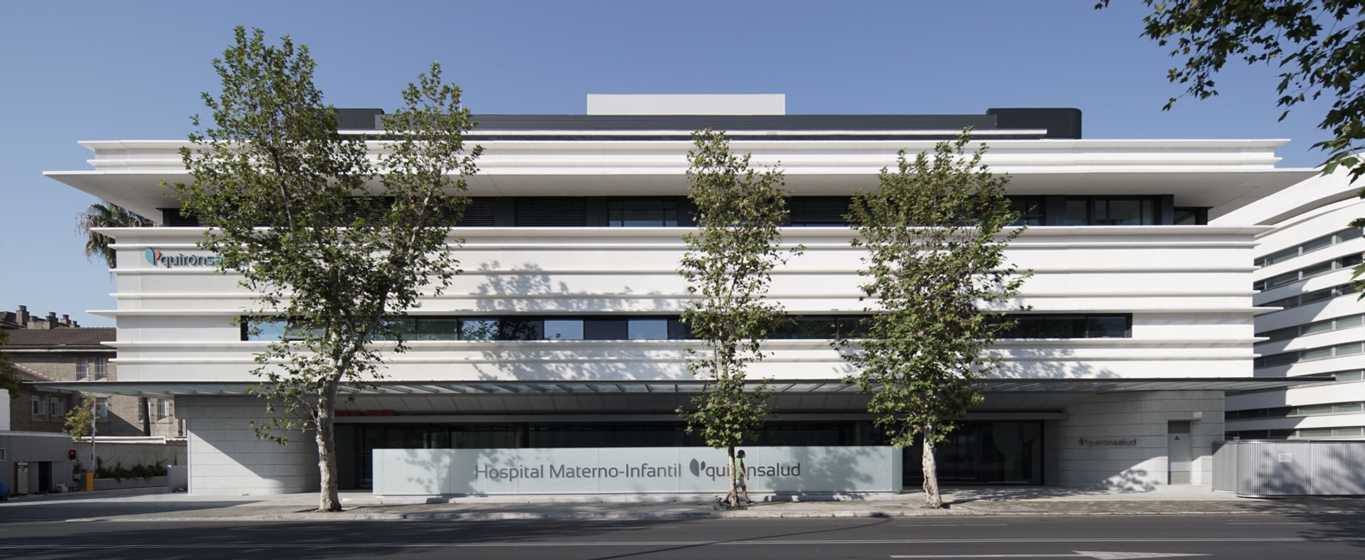Rubella
What are the effects of rubella during pregnancy? Learn everything about its causes, symptoms, prevention, and possible effects on babies.
Symptoms and Causes
Rubella is a contagious disease caused by a virus, primarily affecting the skin and lymph nodes. It spreads through contact with contaminated objects or people, usually by touching them or through aerosol droplets produced when coughing or sneezing.
The incubation period lasts between two and three weeks and is usually asymptomatic. During the following days (about a week), symptoms are mild or barely noticeable. Finally, after three to four days, papules appear, which are the most characteristic signs of the disease.
Currently, in Spain, rubella is shifting from being a childhood disease to affecting unvaccinated adults. Although it is generally a mild condition, contracting it during pregnancy can cause severe harm to the fetus. Therefore, preventing rubella is essential to safeguard the health of future children and promote herd immunity.
Symptoms
The most common symptoms of rubella include:
- Exanthem (skin rash) that usually starts on the face and spreads to the rest of the body as it fades from the face. The spots are pink and usually do not itch. If they do, the discomfort lasts about three days.
- Swollen lymph nodes.
- Mild fever.
- Cold symptoms (nasal congestion).
- Occasionally, joint pain.
Causes
Rubella is caused by the Rubivirus, a member of the Togaviridae family. Transmission can occur in two ways:
- From an infected person to a healthy person through saliva droplets released when speaking, coughing, or sneezing. The contagious period lasts from two or three days before the rash appears to several days after.
- From a pregnant woman to the fetus through the placenta.
Risk Factors
The risk of contracting rubella increases with exposure to an infected person. When a pregnant woman becomes infected, the baby is at high risk of developing complications.
Complications
It is uncommon for rubella to cause complications in those who have had the disease. However, if contracted during the early weeks of pregnancy, it can result in congenital rubella syndrome, which may cause:
- Developmental problems in organs, particularly the heart, or mental impairment.
- Growth retardation.
- Hearing loss.
- Cataracts.
Prevention
In addition to avoiding contact with infected individuals, vaccination is the best way to prevent rubella.
The MMR vaccine (measles, mumps, and rubella) is routinely administered to children in Spain, providing immunity after two doses: the first at 12 months and the second at three years.
For unvaccinated adults, especially women of childbearing age, the Ministry of Health recommends two doses of the MMR vaccine at least four weeks apart. This vaccine is not recommended for pregnant women or immunocompromised individuals. Women should wait at least one month after the second dose before conceiving.
What Type of Doctor Treats Rubella?
Pediatricians, gynecologists, and general practitioners diagnose rubella. Additionally, immunologists specialize in vaccines to prevent its spread.
Diagnosis
During a medical consultation, the specialist will conduct a medical history review and physical examination. The rubella rash is typically recognizable and sufficient for diagnosis. However, to confirm the diagnosis and rule out other conditions with similar symptoms, a blood test is usually performed to detect antibodies against the disease.
Treatment
There is currently no specific treatment to cure rubella. Since symptoms are generally mild, no targeted therapy is necessary. Rest and antipyretics (fever reducers) are recommended if the fever is bothersome.
Congenital rubella is a complex condition, and treatment depends on the affected organs and the severity of symptoms.


































































































